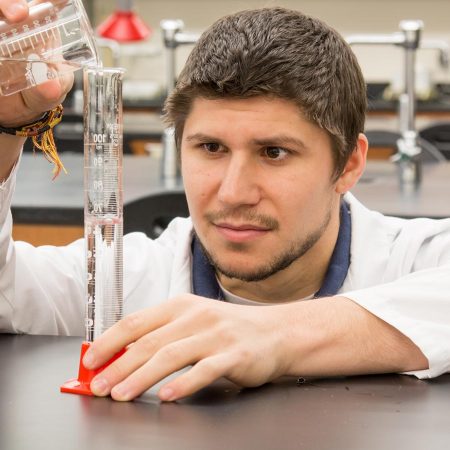Minor Gerontology
Looking for a fulfilling, impactful career where you can make a difference in people’s lives? Interested in a stable field with a long-term growth outlook? Gerontology, the study of the biological, psychological and social elements of aging, might be the perfect fit.
Benedictine Scholarship
All new first-year applicants to St. Scholastica will be awarded either the Benedictine Scholarship or the Access Award, upon admission to the College.
Financial Aid
100% of traditional incoming undergraduates receive some type of scholarships. The average for scholarships, grants and/or loans is $31,841.
Meet Our Faculty
Experienced, Dedicated and Distinguished Educators
Expect to be heard, to be challenged and to be involved. St. Scholastica faculty are world-class scholars and experts in their field who invest in your success. Our values of community, respect, stewardship, hospitality and love of learning reflect our faculty’s commitment to lifting up others and celebrating our common humanity.




